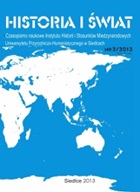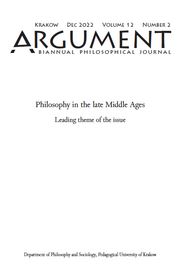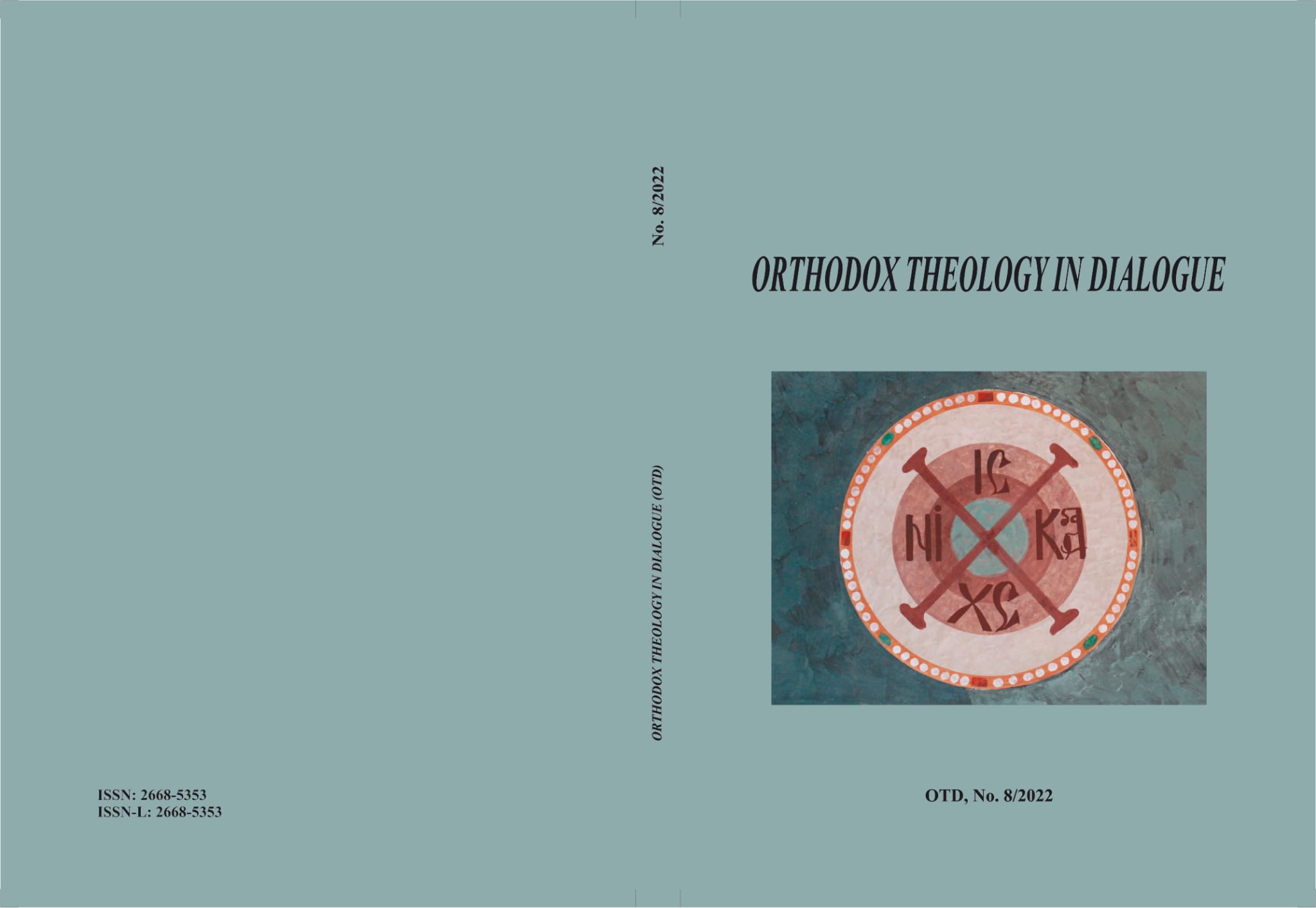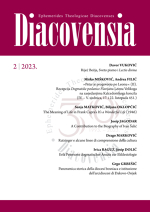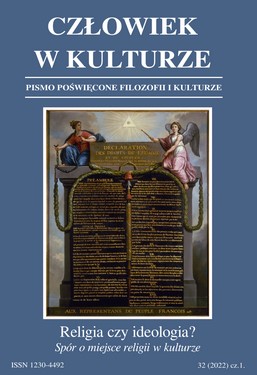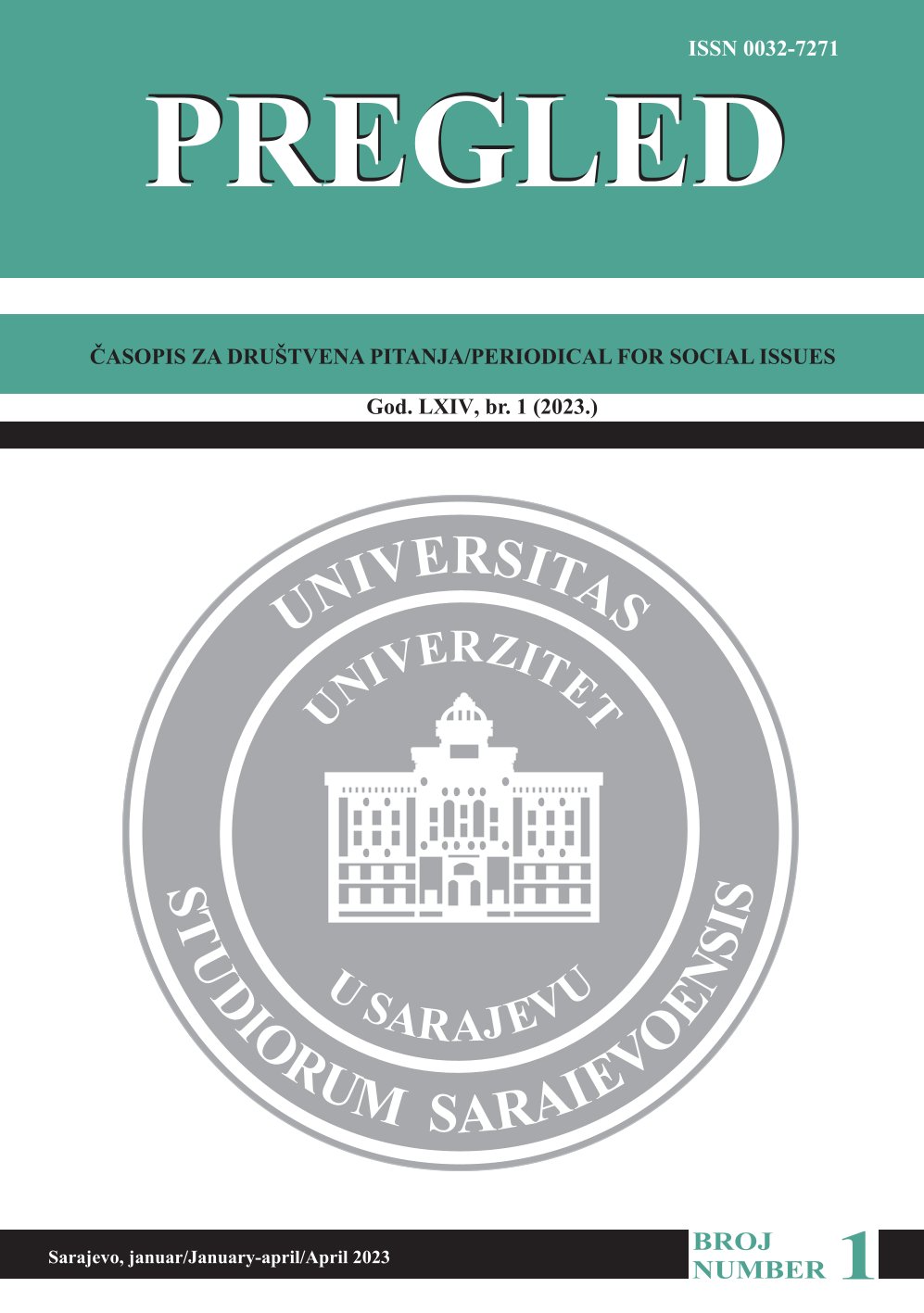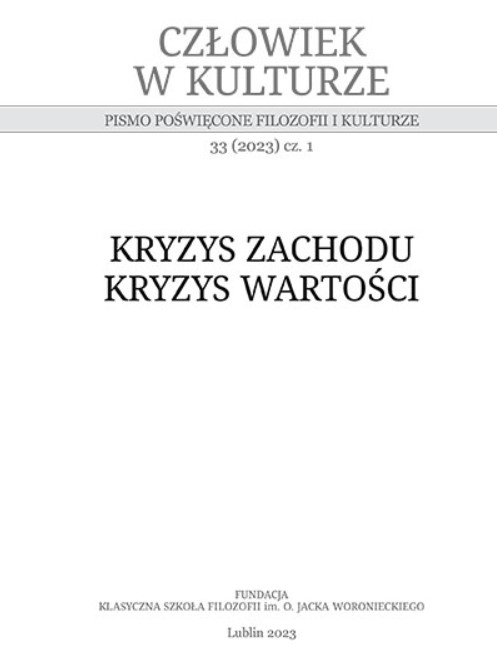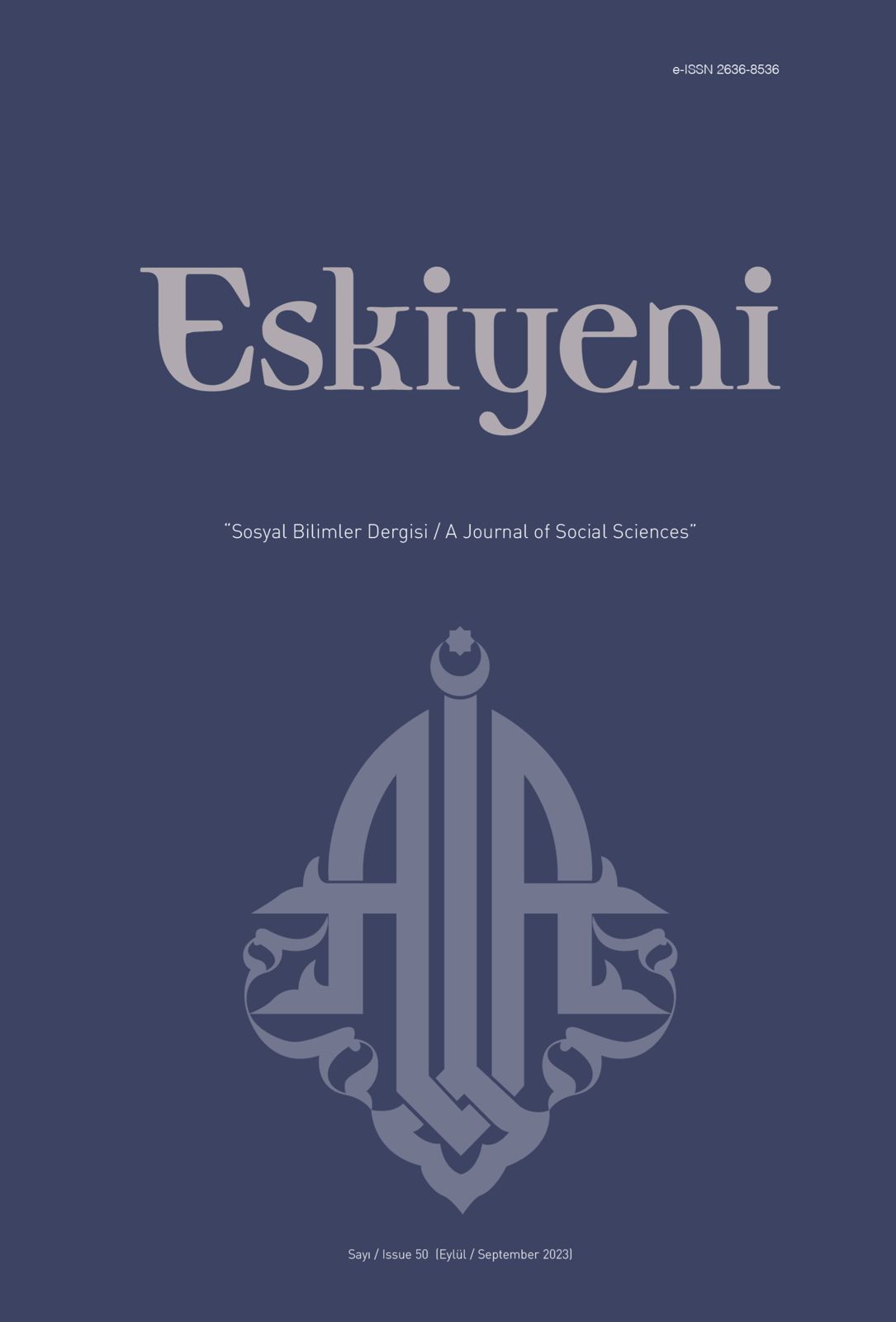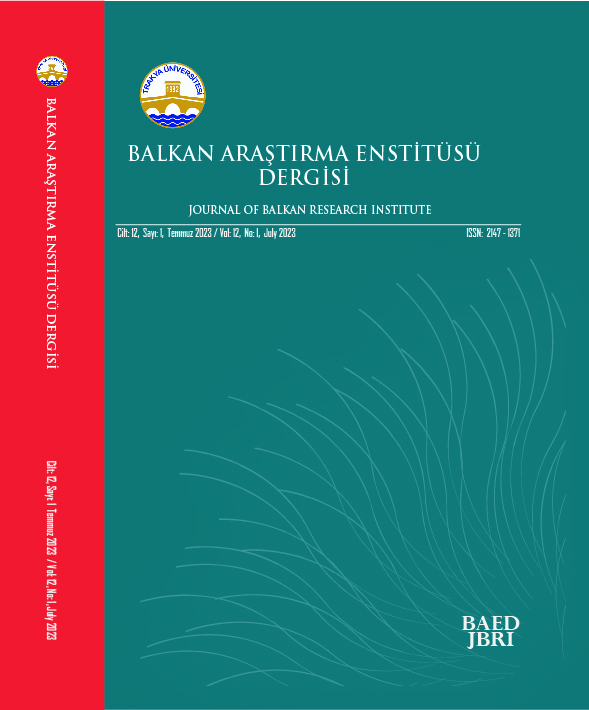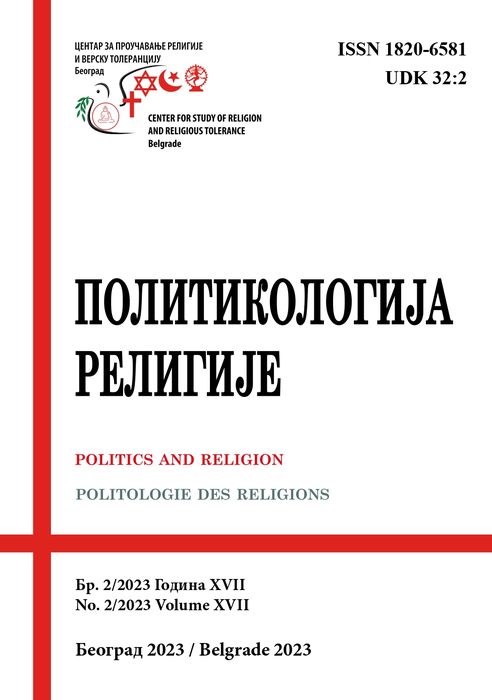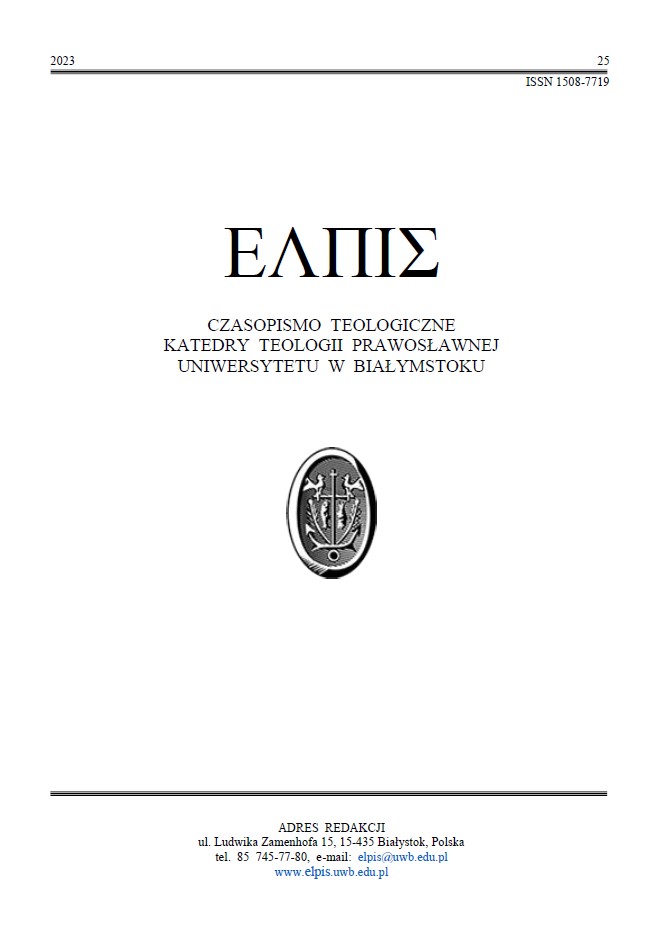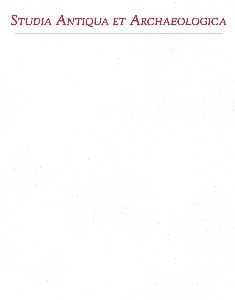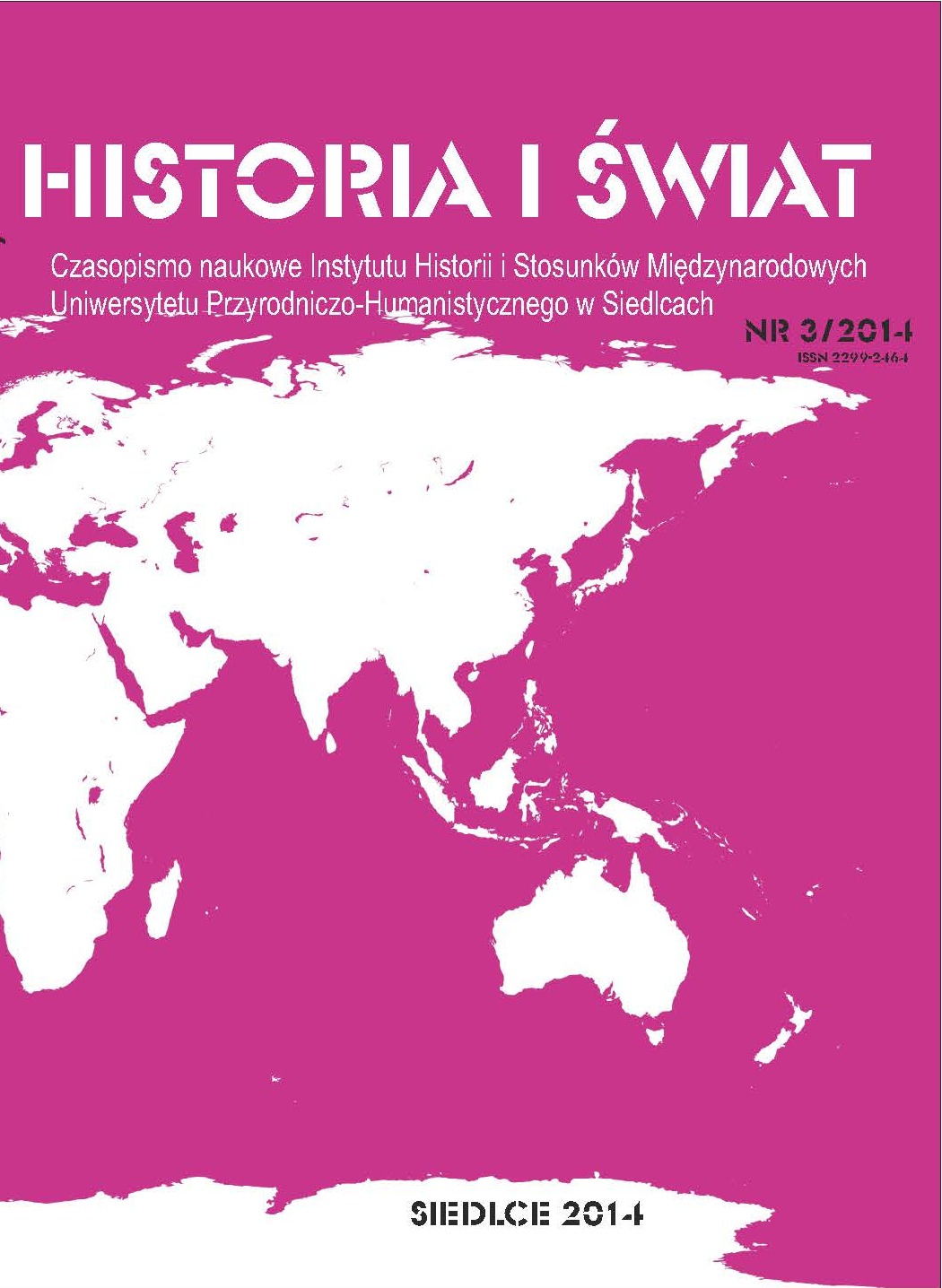
Szkoła Rzymska. Szkic o jezuickiej eklezjologii i myśli politycznej w przededniu Soboru Watykańskiego I (część druga)
The second part of the article concerns the political thought of the Roman School. This problem is marginal in the reflection of this movement. However, the theology and ecclesiology of the Roman School has a political dimension, because is constructed immediately after the Spring of Nations (1848-1849). Highlighting elements of thought such as authority and tradition in the nineteenth century have a counter-revolutionary dimension. Few writings of theologians in the political matters are about the following topics: 1 / open criticism of political, social and cultural liberalism; 2 / affirmation of the traditional view in the relationship of the state and the Catholic Church, where the state is in position of subordination; 3 / affirmation of papal infallibility in political issues , 4 / defense of the independence and integrity of the Papal States.
More...
